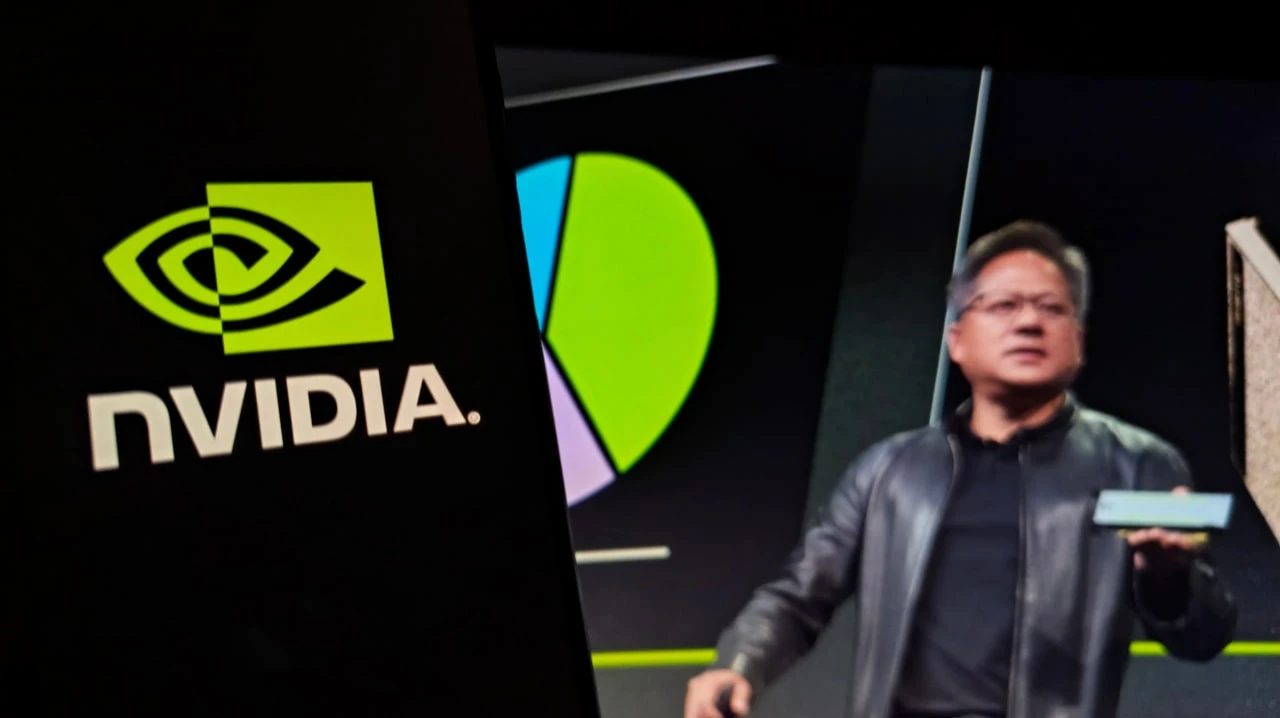China has banned its tech giants from buying Nvidia chips. What does this mean for the company?
Nvidia CEO Jensen Huang called doing business in China "something of a roller coaster"

China has banned the country's biggest technology companies, including ByteDance and Alibaba, from buying Nvidia chips, reinforcing its drive to develop its own semiconductor industry and reduce dependence on the US, The Financial Times reports. This has the potential to hit Nvidia's business in the world's second-largest economy hard. "We can only operate in a market if the country itself wants to do so," acknowledged company head Jensen Huang.
Details
China's Cyberspace Administration has demanded that the country's largest technology companies, such as TikTok owner ByteDance and Internet giant Alibaba, stop testing and ordering RTX Pro 6000D chips, an Nvidia product designed specifically for the PRC market, sources told the FT.Earlier, several local players said they planned to buy tens of thousands of RTX Pro 6000Ds and had already started testing them with Nvidia's server suppliers, the sources said. After receiving an order from the internet regulator, the companies informed the suppliers to stop these works.
Nvidia CEO Jensen Huang admitted to reporters that doing business in China in recent years has been "something of a roller coaster," and said he expects to discuss the situation with U.S. President Donald Trump on the evening of Wednesday, Sept. 17, during his visit to the U.K., CNBC wrote. "We can only operate in a market if the country itself wants to. I'm disappointed by what I see. But there are larger issues in the U.S.-China relationship that need to be resolved, and I understand that. We are prepared to wait," the chipmaker's chief said.
Huang added that Nvidia has instructed all financial analysts not to include the Chinese market in the company's revenue projections.
Nvidia, Alibaba, ByteDance and the Chinese regulator itself did not respond to the FT's requests for comment.
Nvidia shares fell by 2.2% in trading on September 17. Since the beginning of the year, they have risen in price by more than 30%.
Why China is doing it
Beijing is increasing pressure on tech giants to develop a local semiconductor industry and get rid of its reliance on Nvidia so the country can compete with the US in the race for AI leadership, explains the FT.
"The signal now sounds crystal clear. Previously, there were still hopes for the resumption of Nvidia supplies if the geopolitical situation improves. Now all efforts have been thrown into creating our own system," a top manager of one of the tech companies told the publication.
The Chinese regulator had previously advised businesses not to use another Nvidia product designed specifically for this market, the H20 chip. According to an FT source, Chinese authorities then asked domestic semiconductor manufacturers such as Huawei and Cambricon, as well as Alibaba and Baidu, which also develop their own chips, to compare their products with the H20. The conclusion was that Chinese AI processors were comparable to or even better than the Nvidia products allowed into the country. "There is now a general consensus at the highest level that there is enough domestic production to meet demand without having to buy Nvidia chips," an industry official told the FT.
How will this affect Nvidia
The Chinese authorities' ban on RTX Pro 6000D purchases will be a tougher measure than previous restrictions on H20 imports, Barron's writes.
"[Nvidia] shares are having a tough time after its latest financial report, and today's news puts additional pressure on this market favorite. Chinese companies may have workarounds for the U.S. supply ban, but a domestic ban is much harder to get around," said IG analyst Chris Beauchamp.
Over the past four quarters, Nvidia's revenue in China totaled $13.5 billion, or 12% of the company's global sales - up from 21% a year earlier.
The Chinese market represents a "$50 billion opportunity" for Nvidia and is growing at 50 percent a year, Huang said in a conference call with investors and analysts after last quarter's report. Uncertainty surrounding shipments to that country was one of the reasons the company had to give a subdued sales forecast for the current quarter. It excluded possible revenue from customers in the world's second-largest economy. Last quarter, chips were not exported to China, and Nvidia reported a $4 billion shortfall.
Context
Nvidia started making chips specifically tailored for the Chinese market after former US President Joe Biden banned the company from exporting its most powerful products to China in an attempt to curb Beijing's AI progress. Then, the stripped-down H20 model also came under the ban - now by the Donald Trump administration. Over the summer, the company said Washington was willing to easeit and simultaneously introduced the RTX Pro 6000D. Those chips were the last Nvidia product allowed to be sold in China in significant volumes.
This article was AI-translated and verified by a human editor
